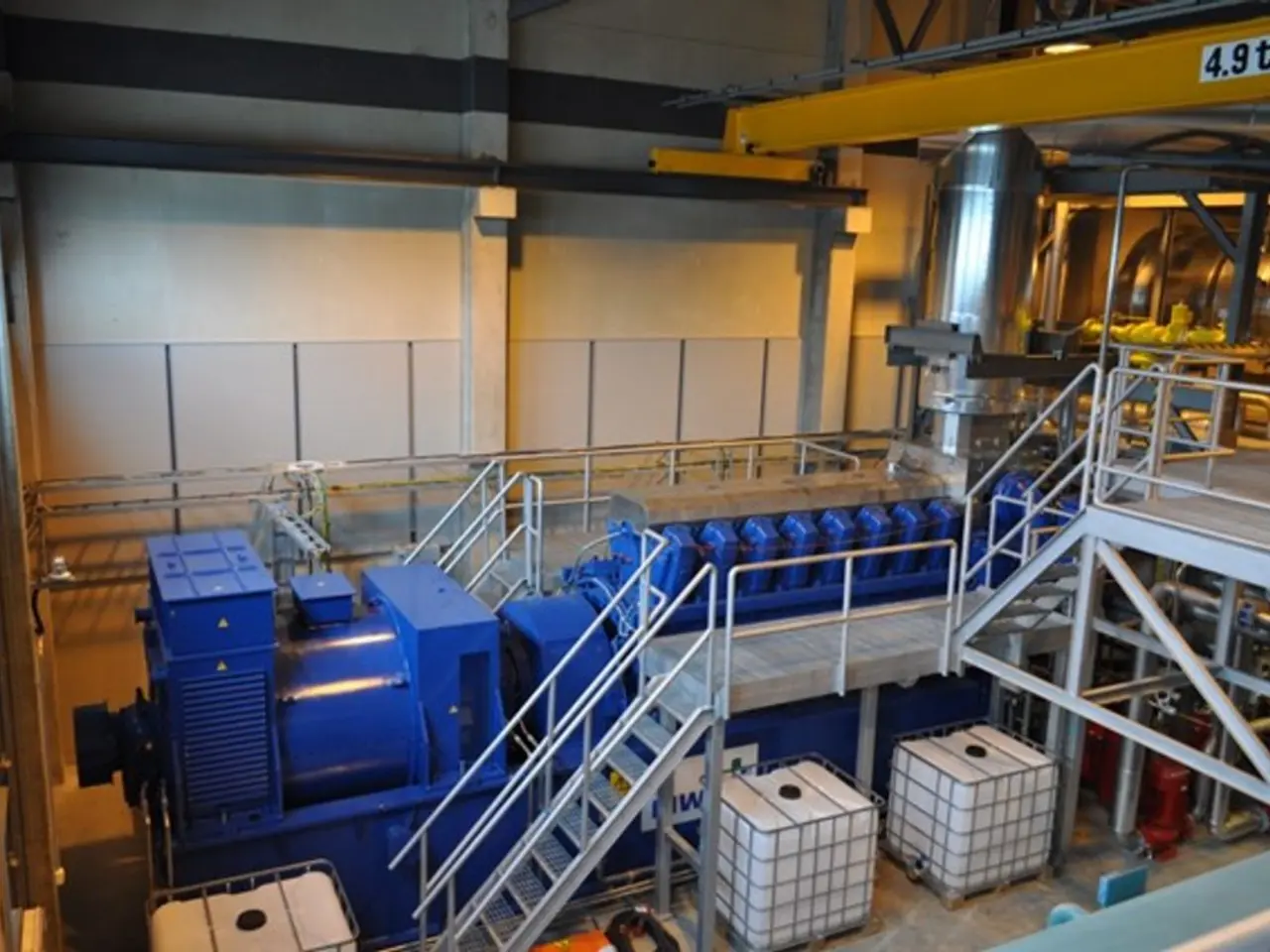The Importance of Securing Supply Chains as a Pivotal Environmental Matter
In the rapidly evolving world of business, the importance of a secure and sustainable supply chain is becoming increasingly apparent. Climate change, with its unpredictable weather patterns and natural disasters, poses a significant risk to supply chains, impacting transportation routes, production facilities, and agricultural yields.
To withstand these shocks, it's crucial to build resilient supply chains that can weather the storms of climate change. Overproduction, however, can lead to environmental catastrophe by squandering precious resources like water, energy, and raw materials. Therefore, a balance must be struck between meeting demand and minimising waste.
The connection between supply chain security and environmental safety is often overlooked, but it is critical. Logistics and transportation, in particular, present visible concerns for the environment. Every mile added to the supply chain due to disruptions increases the collective carbon footprint. A secure, well-managed supply chain, on the other hand, operates with a high degree of efficiency, minimising transit times and fuel consumption.
Cyberattacks on logistics networks can also disrupt inventory management, temperature-controlled shipping, and lead to spoiled goods and wasted energy. To address this, companies are investing in technologies that provide real-time visibility and collaborating with suppliers to ensure sustainable practices.
Unethical sourcing practices can involve timber from unprotected forests, materials from regions with lax eco regulations, and support for habitat destruction and biodiversity loss. When faced with supply chain disruptions, businesses may resort to sourcing ethically questionable materials. Adopting a "just-in-time" (JIT) inventory strategy prevents the manufacture and holding of excess goods, reducing resources wasted.
In 2023, companies across industries such as manufacturing, retail, and technology are striving to make their supply chains secure and sustainable. These efforts include complying with new EU regulations like the General Product Safety Regulation (GPSR), implementing digital tools for supply chain transparency and ESG criteria fulfillment, and strengthening collaboration with suppliers to monitor social and environmental standards.
In essence, a holistic approach is needed to view sustainability as a security measure, not as a separate goal for corporate responsibility. Design systems that adapt to both security threats and environmental risks to create a secure and environmentally sound supply chain. Supply chain security can be seen as an act of environmental stewardship, ensuring a greener and more sustainable future for all. The Transportation Worker Identification Credential (TWIC) card, for instance, ensures maritime facilities are secure from threats, including environmental hazards.
Embracing this mindset not only benefits the environment but also enhances operational stability, making businesses more resilient in the face of challenges. Investing in resilient, transparent, and collaborative strategies is not just good for the planet, but good for business as well.
Read also:
- Peptide YY (PYY): Exploring its Role in Appetite Suppression, Intestinal Health, and Cognitive Links
- Toddler Health: Rotavirus Signs, Origins, and Potential Complications
- Digestive issues and heart discomfort: Root causes and associated health conditions
- House Infernos: Deadly Hazards Surpassing the Flames








